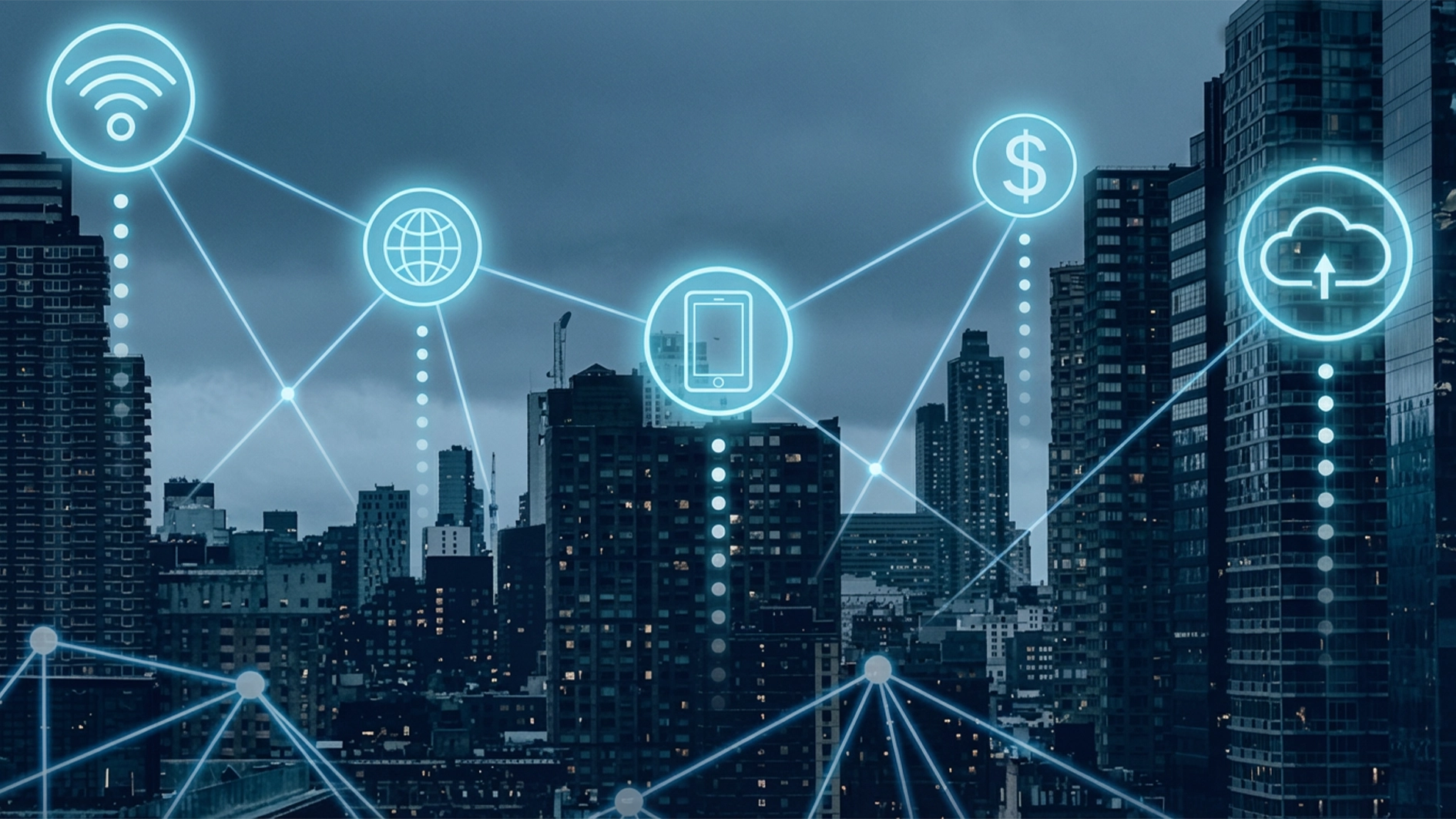
The recent internet outage that has affected much of Africa since mid-March has exposed vulnerabilities in the continent’s digital infrastructure and challenged businesses across multiple sectors. To better understand the impact on Nigeria’s tech-driven businesses, particularly startups, we spoke with David Asamu, a leading expert on cloud technologies and infrastructure in Nigeria, who has extensive experience working with startups in the financial technology sector.
Q: David, can you explain what caused this widespread internet outage across Africa?
David: What we’re experiencing is the result of damage to multiple major undersea cables that serve Africa. In West Africa specifically, cables including the West Africa Cable System, Africa Coast to Europe, SAT-3, and MainOne were damaged. Based on reports, a suspected underwater rock slide off the coast of Côte d’Ivoire around March 14 is believed to be the cause. Unfortunately, these four cables converge near the coast of Côte d’Ivoire, creating what we call a single point of failure – when one incident can affect multiple systems.
Q: How has the outage impacted Nigerian businesses?
We are seeing two types of disruptions. Externally, service delivery has been severely impaired, with many companies experiencing either complete inaccessibility of their digital services or extremely degraded performance, effectively cutting off customer interactions and potentially causing significant revenue loss.
Internally, the impact has been equally devastating, particularly for hybrid and remote teams that rely heavily on digital collaboration tools. Work processes have ground to a near-halt as communication platforms, project management tools, cloud-based services, and inter-team collaboration systems became either completely inaccessible or frustratingly slow.
Q: How severely has it affected Nigerian businesses?
David: The impact has been significant but varies widely depending on where companies host their services. From what I’ve observed, the businesses affected most severely are those hosting most of their services outside the country. With the outage, there’s either no way for people to reach these services, or access has been extremely slow.
Commercial banks provide a good contrast. Most of them have been less affected, at least in terms of their critical functionalities, since they’re required by regulations to have their services running locally. This has created a natural form of resilience for them during this crisis.
Q: You’ve suggested that this outage makes a good argument for companies to use more local providers. Can you elaborate on that?
David: Absolutely. This incident has highlighted the vulnerability of relying too heavily on infrastructure outside our borders. When international connections fail, locally-hosted services remain accessible within the country. The government, through oversight bodies like NITDA (National Information Technology Development Agency), has been implementing policies that encourage companies to host their data and services locally, which is a step in the right direction.
NITDA’s guidelines already mandate that no federal government website should be hosted outside of the country. I believe private businesses should consider similar approaches for critical services.
Q: But aren’t there concerns about the reliability of local providers compared to global cloud services?
David: That’s a fair question, and it leads me to what might be a controversial opinion: Nigerians don’t value reliability in the same way that’s expected in some other markets. A major argument against hosting locally is the perceived lower reliability of local providers compared to the “five or six nines” of availability that global public clouds guarantee – meaning 99.999% or 99.9999% uptime.
But look at commercial banks as an example. People complain every other day about bank apps acting up or being unable to perform transactions, yet Nigerians generally don’t leave these major commercial banks. This isn’t to advocate for poor service quality, but rather to recognize the reality of our market.
Q: That’s an interesting perspective. Are you suggesting that local providers don’t need to match global standards?
David: Not at all. I’m saying that a well-setup, redundant infrastructure using local providers will be more than sufficient to satisfy customer expectations in our context. Most service disruption issues actually come from application-level problems rather than infrastructure issues anyway.
My point is that supporting local providers is the only way they’re going to grow and eventually achieve the level of reliability we often get with global public cloud providers. We need to nurture our local ecosystem.
Q: Looking ahead, what should businesses do to prepare for similar situations in the future?
David: From a business continuity perspective, it’s crucial that businesses better prepare for these types of incidents. While rare, there’s nothing saying this can’t happen again.
Businesses should consider several strategies: First, increase redundancy by utilizing multiple service providers and connection methods. Second, consider hosting critical services locally while perhaps maintaining less critical services on international infrastructure. Third, develop robust business continuity plans specifically for internet outages.
The industry as a whole needs to advocate for more submarine cables with diverse landing points in different countries, stronger terrestrial fiber networks across the continent, and improved security measures to protect both inland and offshore cables.
Q: Any final thoughts on the lessons we can take away from this experience?
David: This outage has been a wake-up call. Africa’s digital economy is growing rapidly, but our infrastructure needs to evolve just as quickly. We need to build more resilience into our systems, support local providers, and develop policies that encourage infrastructure investment.
But I’m optimistic. Every challenge like this pushes us to innovate and improve. I believe Nigerian tech companies and the broader African tech ecosystem will emerge stronger from this experience, with more robust and resilient digital infrastructure.
David Asamu is a cloud computing and DevOps expert with extensive experience in Nigeria’s financial technology sector. The views expressed are his own and do not necessarily represent those of his employers or clients.






